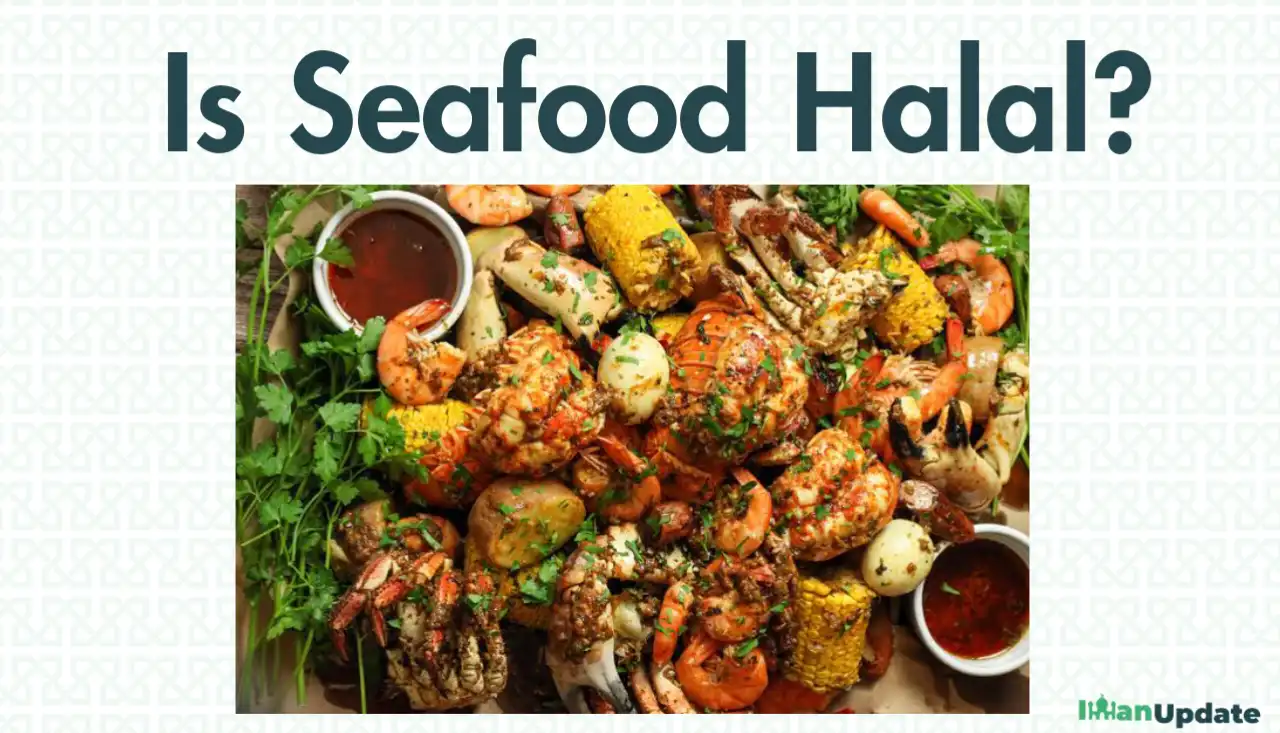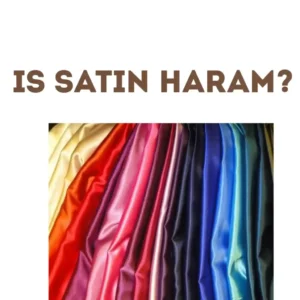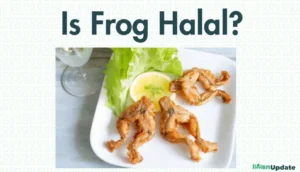Is Seafood Halal? General Rule for Seafood

One of the greatest blessings in Islam is the ease and practicality Allah has placed in His commandments. Unlike previous nations, Muslims have been given allowances and facilitation in many areas of life, including dietary laws.
Allah’s mercy is evident in how He has made things permissible for us that were previously forbidden to other communities.
Concerning food, especially seafood, Allah has made His laws simple and beneficial for us. As the Qur’an states: “Allah intends for you ease, and He does not want to make things difficult for you…” [Al-Baqarah 2:185].
Is Seafood Halal?
In Islam, the default ruling on seafood is that it is permissible (halal) unless explicitly stated otherwise. The Qur’an clearly indicates that everything from the sea is lawful for consumption, whether it’s caught alive or found dead. This makes seafood a significant part of the halal dietary laws.
Allah says: “Lawful to you is (the pursuit of) water-game and its use for food – for the benefit of yourselves and those who travel…” [Al-Maidah 5:96].
Scholarly Explanation
Ibn ‘Abbas, a renowned companion of the Prophet (peace and blessings be upon him), explained that “Sayduhu” (lit. hunting, pursuit) refers to whatever is taken alive from the water, and “ta’amuhu” (lit. its food) refers to whatever is found dead.
Therefore, the general ruling is that all sea creatures, whether alive or dead, are permissible for consumption.
READ ALSO: Is Frog Halal in Islam? A Comprehensive Answer
Exceptions: Forbidden or Disputed Sea Animals
While the general rule is that all seafood is halal, there are a few exceptions where scholars have differing opinions, especially regarding animals that live both on land and in water.
These animals are debated because of their fangs, harmful nature, or dual habitats.
1. Crocodiles
Crocodiles are impermissible (haram) due to their predatory nature and the fact that they have fangs. Since they are also considered land animals, even though they spend a lot of time in water, the ruling for land animals takes precedence.
Therefore, their consumption is prohibited, in line with the prohibition of predatory animals with fangs.
2. Frogs
Frogs are explicitly forbidden based on the hadith where the Prophet (peace and blessings be upon him) prohibited their killing.
As the general rule in Islam states: if an animal cannot be killed, it cannot be eaten. This hadith is narrated by ‘Abd al-Rahman ibn ‘Uthman, who said that the Messenger of Allah forbade the killing of frogs (Narrated by Imam Ahmad and Ibn Majah; see also Sahih al-Jami’, 6970).
3. Sea Snakes
Some scholars exclude sea snakes from permissible animals due to their potentially harmful nature.
However, the stronger view permits their consumption because they live entirely in water. The general permissibility of sea creatures, as stated in the verse, applies to them as well.
4. Otters and Turtles
For animals that live both on land and in the sea, such as otters and turtles, scholars advise caution. They recommend that these animals be slaughtered according to Islamic law before consumption.
This is because they inhabit both land and water, so the rules concerning land animals should be applied to ensure proper handling.
However, crabs, which also live on both land and in the sea, are exempt from this rule because they do not have blood that needs to be drained, making their consumption permissible without slaughter.
Special Considerations for Dual-Habitat Animals
Animals that live both in water and on land present a unique case. For example, turtles and otters are creatures that can survive in both environments, and scholars have advised that these animals should be slaughtered according to Islamic rites before consumption to align with the rules for land animals.
Crabs, however, are an exception to this rule because they don’t have circulating blood and thus don’t require slaughtering. This highlights the need to differentiate between various dual-habitat creatures when applying Islamic dietary laws.
Harmful Sea Creatures
In Islam, anything that poses harm to the body is strictly prohibited (haram), even if it comes from the sea.
Certain sea creatures, such as poisonous fish or harmful species like jellyfish and pufferfish, fall under this category.
This ruling is based on the Qur’anic verses that prohibit self-harm: “… And do not kill yourselves (nor kill one another). Surely, Allah is Most Merciful to you.” [Al-Nisa 4:29] and: “… and do not throw yourselves into destruction…” [Al-Baqarah 2:195].
Examples of Harmful Sea Creatures:
- Pufferfish: Contains toxic substances that can be deadly if not prepared properly.
- Jellyfish: Certain species are dangerous due to their venomous stings.
These creatures pose clear risks to human health, and their consumption is, therefore, forbidden under Islamic law.
Practical Guidance for Halal Seafood Consumption
When it comes to seafood, it’s important to be mindful of both general rulings and specific exceptions. Here are some practical steps to help navigate dietary choices regarding seafood:
- Consult Local Scholars: If you’re unsure about the permissibility of a specific seafood, consult with a local scholar who can provide guidance based on the prevalent Islamic school of thought in your region.
- Follow Majority Opinion: In the case of animals with disputed rulings, such as sea snakes or otters, it’s advisable to follow the majority opinion of scholars to avoid any mistakes in practice.
- Check for Harmful Species: Be aware of the potential risks associated with certain sea creatures, especially those known for their toxins, such as pufferfish. Avoid consuming harmful seafood to ensure compliance with the Islamic prohibition against self-harm.
Conclusion
Islam’s dietary laws reflect Allah’s mercy and wisdom. By making seafood generally halal, Allah has facilitated ease and flexibility in our diet, while also ensuring that harmful and dangerous animals are avoided.
The guidance provided in the Qur’an and Sunnah, along with scholarly interpretations, enables Muslims to make informed choices about what they consume from the sea. Always remember to consult local scholars and adhere to the principles of safety and caution where necessary.






